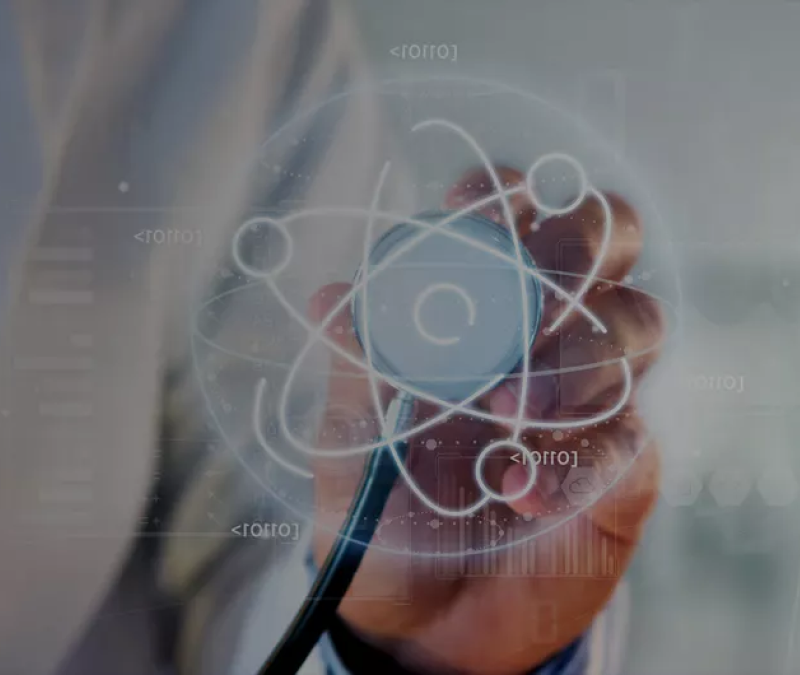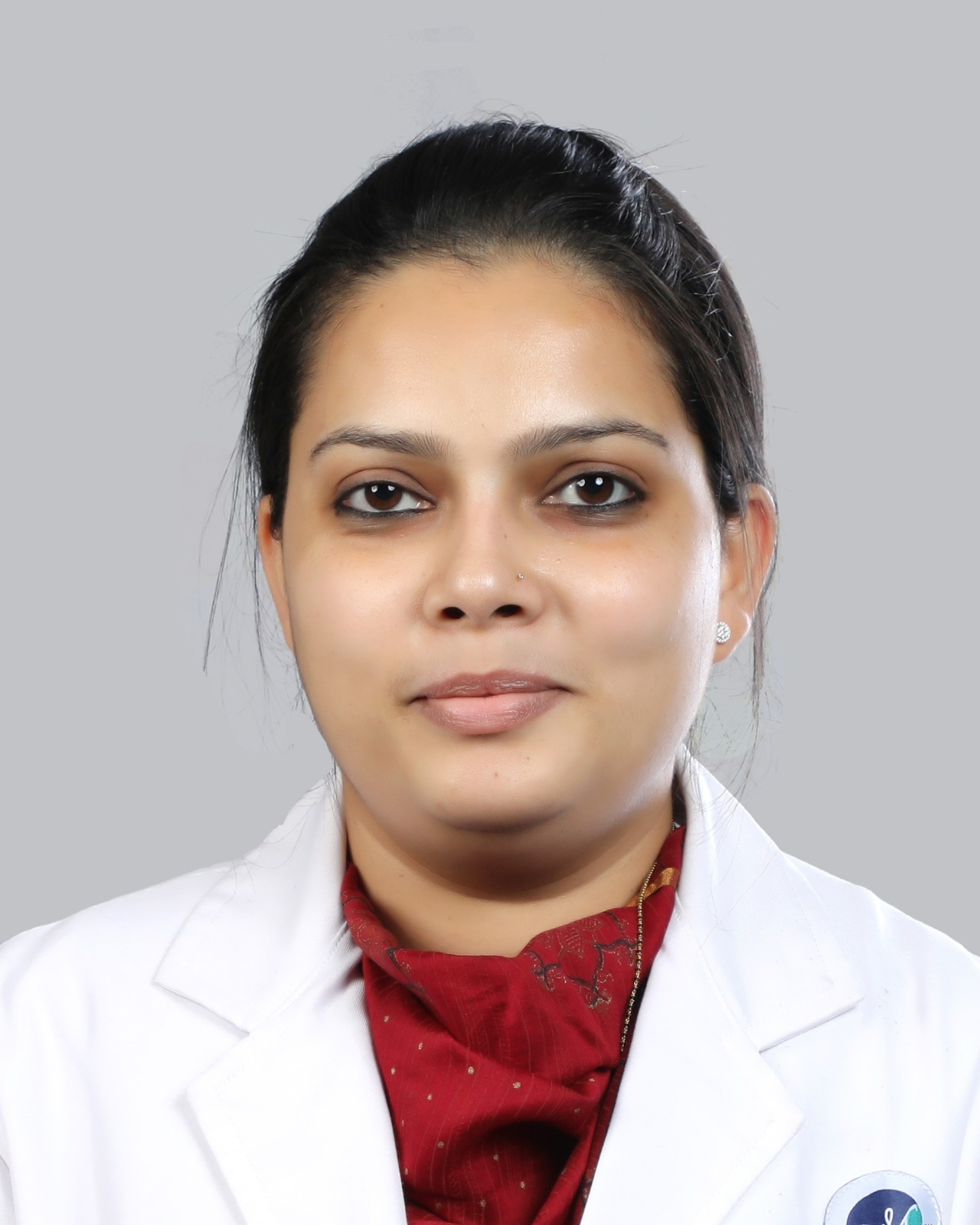The department of nuclear medicine and molecular imaging at Aster MIMS uses safe, painless and cost-effective techniques to image the functions of various organs and treat diseases. The department offers a wide range of imaging and therapeutic procedures under nuclear medicine and molecular imaging for various specialities. This branch of diagnostics uses small amount of radioactive material or tracer to diagnose the problems with the structure or functions of internal organs like lungs, heart, and liver and so on. The department with state-of-the-art infrastructure and skilled professionals allow quick and accurate diagnosis of various medical as well as surgical conditions. All the latest and advanced technologies are made available at the department to ensure specialised, individualised care to the patients.
Our Doctors
We have some of the best specialists from around the world, they bring years of experience and offer evidence-based treatment to ensure the best care for you.






